In the kitchen, the octopus appears at a certain stage of social development. This invertebrate sea predator from the Cephalopod members was almost unknown by many a few decades ago, but today it is offered alongside fish and seafood.
It is a saltwater mollusk with a body and tentacles, but which are located in suction cups. It feeds on crustaceans, mussels and oysters, as well as squid. In many countries, it has been a delicacy since ancient times and a preferred food to this day, thanks to its rich composition and beneficial properties.
Nutritional composition and beneficial substances in octopus
Over 200 varieties of octopus are known. Its meat is delicious and delicate. It is boiled with spices and to make it tastier, the meat is cooked over low heat. The octopus can be prepared stewed, as well as fried octopus or as breaded octopus. All parts are eaten except the eyes and around the mouth. It is important to remove the ink sac properly, so that it doesn't contaminate the meat.
This seafood delicacy is not only delicious, but also rich in beneficial ingredients - vitamins, minerals with healing properties.
The octopus is a source of vitamin B3, B12, potassium and selenium. The healthy octopus also contains proteins for healthy hair, muscles, skin and nails.
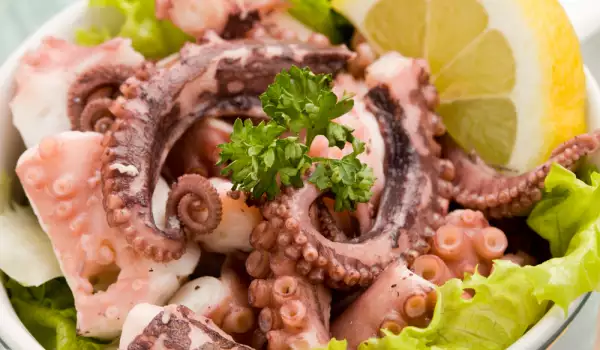
The mollusk is an excellent source of taurine, which helps fight vitamin A deficiency. The zinc it contains cleanses the body of harmful substances. It is also a source of iron, which helps with weakness and anemia.
Vitamin B2 in it reduces homocysteine levels, protecting the body from strokes, heart attacks and cardiovascular diseases. Potassium in its composition regulates blood pressure. Omega-3 fatty acids strengthen immunity and strengthen the body, thanks to the beneficial fatty acids.
Iodine, vitamins A, B1, B2, B3, C, D, E, K, phosphorus are also part of the beneficial substances in octopus.
For whom is octopus most useful?
Octopus is useful as a means of combating asthma, atherosclerosis, bronchitis, cardiac arrhythmia, eczema, pancreatic insufficiency, rickets and other serious health problems. It is an excellent prophylactic product against the formation of blood clots.
It is a good option for inclusion in protein diets, as well as for heart problems, where it is a good alternative to meat.
In the fight against depressive states, octopus can be included in the menu to regulate the deficiency of omega-3 fatty acids, a characteristic condition of depression.
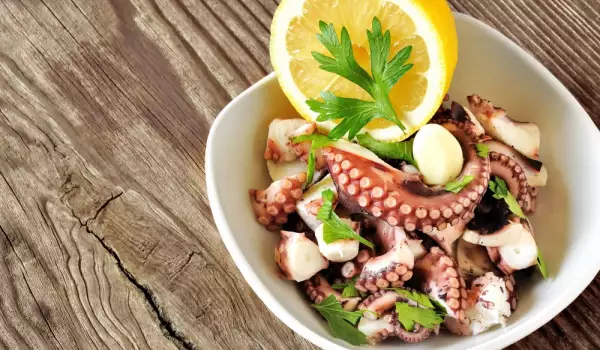
It is useful to consume octopus as a delicacy to diversify the menu and generally strengthen the body, to regulate energy levels and proper functioning of the cells in the body.
Salads, soups and various appetizers, octopus main dish - these are some of the various uses of this wonderful seafood.
Find out how to choose fresh octopus, what are the appropriate spices for properly flavoring octopus and how to prevent octopus from becoming tough.
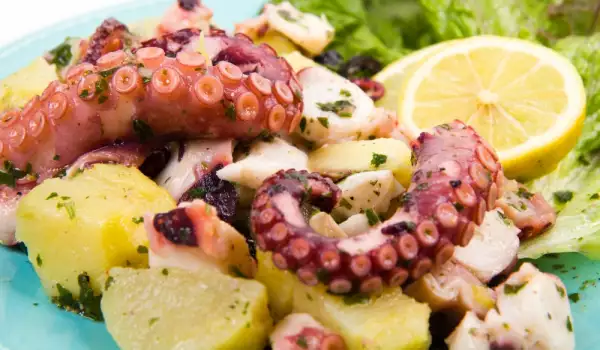
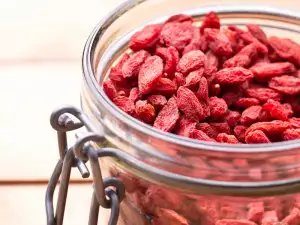
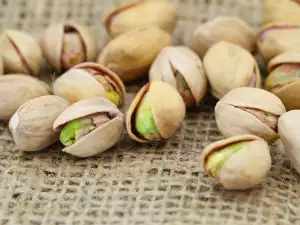

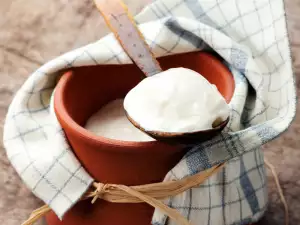

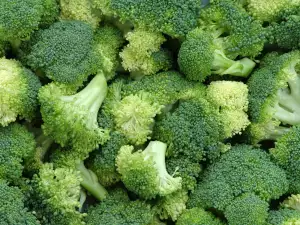


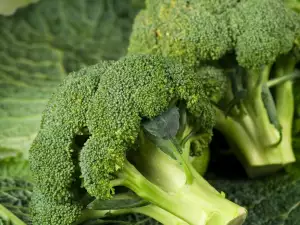
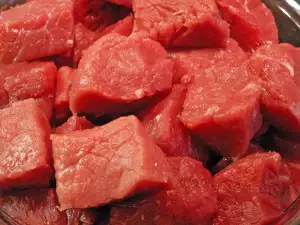
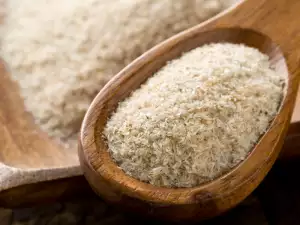
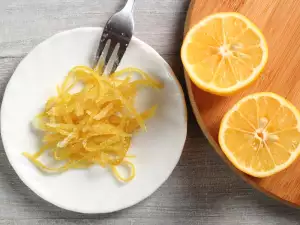







Comments